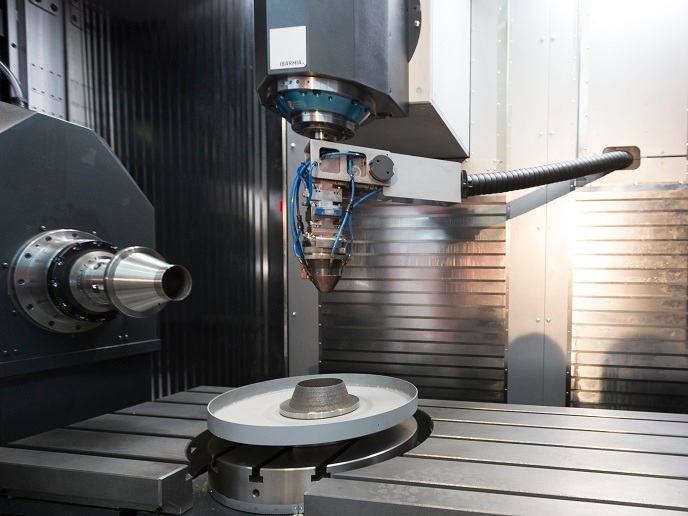Tools to facilitate the adoption of health technologies in hospitals across Europe
The EU-funded ADHOPHTA(opens in new window) (Adopting hospital based health technology assessment in EU) project aimed to bolster the use and impact of high-quality health technology assessment (HTA) in hospital settings. Work began with a critical analysis of current hospital-based HTA (HB-HTA) initiatives and a literature review of informational needs and decision-making processes for technology adoption in hospitals. Project partners prepared an open questionnaire that was administered face-to-face to 107 hospital and clinical managers. Results helped design a large-scale, web-based survey answered by 163 hospital and clinical managers. Forty case studies then characterised the decision-making method for implementing health technologies such as medical devices, medical equipment, drugs and procedures. Another literature review identified good practices in national, regional and hospital-based HTA. A business healthcare excellence model was chosen and tailored to HB-HTA in order to build a framework for principles that should govern HB-HTA good practices. A Delphi survey was also conducted with 36 international experts to validate the principles found. The ADHOPHTA team interviewed 24 HTA professionals in 9 countries to determine the level of collaboration among national, regional and hospital-based HTA levels. Findings show that in general these professionals have a positive attitude towards collaboration and informally engage in it frequently. Multidisciplinary participation and mutual trust and respect are key to improving collaboration. Researchers developed a portfolio of current patterns and types of HB-HTA units that helped to identify four main generic HB-HTA unit models. Findings reveal that hospitals with HB-HTA units are more efficient in introducing health technologies. The team created a checklist to help in undertaking high-quality HTA at hospital level, and identified 15 guiding principles for good practices in HB-HTA units. Project outcomes were gathered in a handbook and accompanying toolkit enabling hospitals to establish, implement and enhance HB-HTA units. Lastly, a database was created that contains HB-HTA products produced by the consortium. Thanks to ADHOPHTA, hospitals will be more familiar with high-value HB-HTAs and better prepared to introduce them in their own settings.







